
Remove these 7 everyday foods from your fridge—they could raise cancer risk

Imagine this. It’s the middle of the night. You wake up parched, eyes barely open. You shuffle barefoot to the kitchen, each step cold on the tile floor. The house is completely still, the only sound a soft hum from your refrigerator. You reach for the handle, open the door, and a pale white light washes over your sleepy face. And there, nestled between a half-empty tub of margarine, last night’s leftovers, and a few shriveled vegetables, is something far more dangerous than it appears.
Hidden in plain sight is an ordinary item—something so common in households around the world that no one thinks twice about it. But according to the International Agency for Research on Cancer (IARC), this unassuming food is a Group 1 carcinogen, putting it in the same category as cigarettes and asbestos. It’s not a conspiracy theory—it’s hard scientific evidence.
This is not about fear. It’s about facts. New findings, including major studies like those from the UK Biobank, which tracked over 500,000 individuals, confirm that consuming just 50 grams per day of this food increases your risk of colorectal cancer by up to 18%. And most people don’t stop at 50 grams—they consume far more, often without knowing it.
In the next few minutes, I’ll reveal what this dangerous food is, and uncover seven additional hidden threats lurking in your refrigerator right now. Some are common storage mistakes, others are toxic materials masquerading as convenience—but all of them are avoidable. When you get to number one, you’ll be stunned at how obvious it is—and how no one warned you sooner.
Key Takeaways Before We Begin
-
Wrong containers = toxic chemicals: BPA, lead, and metals can leach into food from the wrong packaging.
-
Processed meats are carcinogenic: Recognized by global health authorities as a leading dietary cause of colon cancer.
-
Improper fridge use promotes bacterial growth: Especially in eggs, rice, and leftovers.
-
Styrofoam and certain glassware can poison food: Especially during freezing or heating.
Let’s dive in.
7. The Potato: A Starch Turned Silent Poison
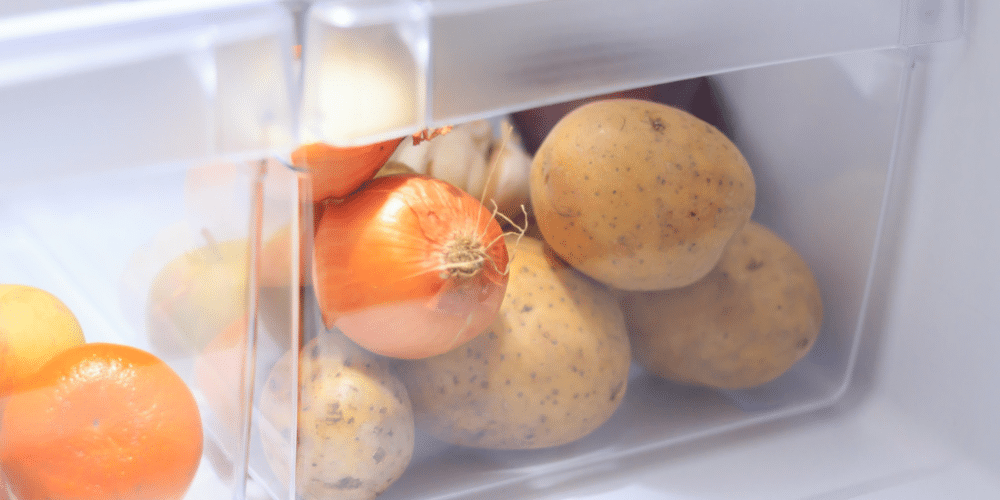
You wouldn’t suspect it, but one of the most dangerous food storage habits involves potatoes. When stored in the refrigerator—something many people do to “extend shelf life”—potatoes undergo a chemical transformation. At typical fridge temperatures (below 46°F / 8°C), their natural starch converts into reducing sugars. Seems harmless, right?
Here’s the problem: when you later cook those potatoes at high temperatures (frying, baking, or air-frying above 250°F / 120°C), those sugars react with amino acids to create acrylamide, a probable human carcinogen (according to the IARC).
Studies show that refrigerating potatoes for just three days can increase acrylamide formation by up to 600% when cooked. That’s a staggering number. And it’s completely avoidable.
Fix it: Store your potatoes in a cool, dark, well-ventilated place, above 50°F (10°C)—a pantry or cupboard works fine. Never in the fridge.
6. Open Canned Foods: Small Can, Big Risk
It’s an easy mistake: you open a can of peas or tuna, use half, and store the rest in the original can inside your fridge. But that leftover food is now sitting in a toxic cocktail.
When the tin lining of a can is exposed to oxygen and acids (from the food), it starts breaking down. Metal particles—including aluminum and tin—can leach into the food, especially if it’s stored for more than a day or two. What’s worse, many cans are still lined with BPA, a synthetic compound that mimics estrogen and has been linked to hormone disruption, infertility, and even cancer.
Fix it: After opening any canned product, immediately transfer the contents to a glass, ceramic, or BPA-free plastic container before refrigerating. Seal it tightly to prevent oxidation.
5. Old Leftovers: Time Is Not on Your Side
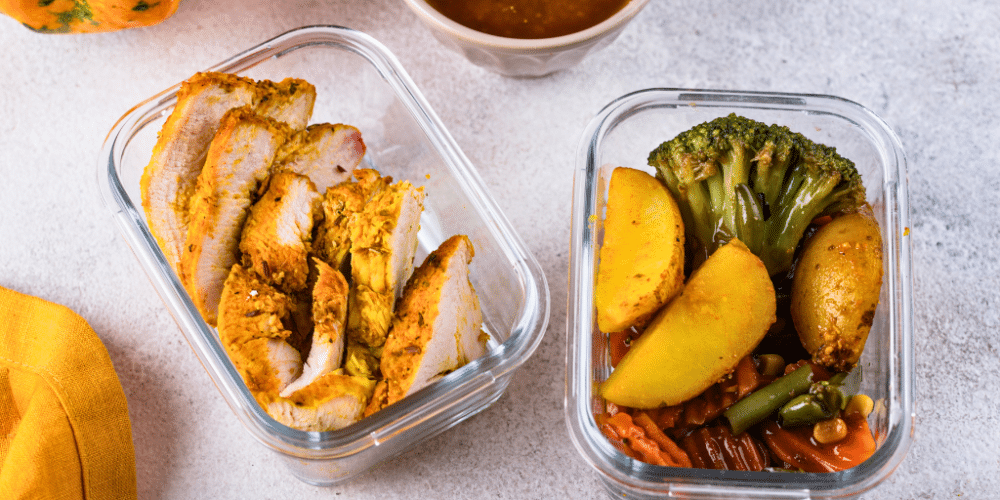
You probably think your refrigerator keeps your food safe indefinitely—but that's a dangerous assumption. Leftovers like rice, beans, and pasta become fertile breeding grounds for Bacillus cereus, a bacterium that thrives even in cool temperatures.
B. cereus doesn’t change the taste, smell, or appearance of food—but once consumed, it releases toxins that can cause intense vomiting, diarrhea, and food poisoning. The longer food sits in the fridge, the higher the risk.
Research shows: By the fifth day, the chance of harmful bacterial growth doubles.
Fix it: Consume leftovers within 3 to 4 days max. Label containers with the date they were stored, and if in doubt—throw it out.
4. Eggs in the Refrigerator Door: Built-in Hazard
Almost every fridge has a dedicated egg compartment in the door—but it’s a design flaw. The refrigerator door is the warmest, most unstable part of the appliance, subject to frequent temperature swings as the door opens and closes.
This is a breeding ground for Salmonella, a bacterium responsible for 1.35 million illnesses per year in the U.S. alone. Storing eggs in the door has been shown to increase contamination risk by up to 25%.
Fix it: Keep eggs in their original carton on a middle shelf, where temperatures remain cold and consistent. Avoid washing eggs until you’re ready to use them—washing removes the protective cuticle.
3. Acidic Foods in Painted Glass Jars
Glass is often touted as the safest food storage material—and generally, it is. But the danger hides in painted or printed labels on glass jars, especially reused ones.
Many decorative or branded glass jars (especially imported ones or those not meant for reuse) have enamel paints or ceramic coatings that contain lead, cadmium, and other heavy metals. When you store acidic foods like tomato sauce, lemon dressing, or pickles in them, those acids trigger a chemical reaction that can cause metals to leach into your food.
Over time, even tiny doses of lead can result in neurological damage, anemia, and developmental delays in children.
Fix it: Only store food in plain, unpainted, clear glass containers. Avoid jars with painted designs or raised printing that could contain metal-based enamels.
2. Processed Meats: As Dangerous as Cigarettes
This is the big one. Processed meats—bacon, sausage, ham, salami, hot dogs—are not just unhealthy. They’re carcinogenic. The World Health Organization lists them as Group 1 carcinogens, in the same category as tobacco smoke and asbestos.
Consuming just 50 grams per day (roughly 2 slices of bacon or 1 hot dog) increases your risk of colorectal cancer by 18%. These meats contain nitrites, nitrates, and preservatives that, during digestion, form N-nitroso compounds—strong cancer-causing agents.
Most people aren’t aware of this danger, and many families serve processed meats daily, especially in breakfast or school lunches.
Fix it: Reduce or eliminate processed meats. Choose fresh, lean meats and cook them yourself. Opt for herbs, lemon, and natural marinades over chemical preservatives.
1. Meat on Styrofoam Trays: A Toxic Convenience
Number one on this list is something nearly everyone overlooks: the styrofoam trays that meat is packaged in at supermarkets. These trays are made from polystyrene, which contains styrene—a compound classified as a possible human carcinogen (Group 2B).
The danger worsens when the meat is frozen or microwaved in its original packaging. Fatty meats cause residual styrene to leach into the food over time. And if you heat the meat in the tray (a common mistake when rushing), you're releasing not only styrene but also phthalates from the plastic film on top—both known endocrine disruptors.
Studies show that these chemicals can be found in blood samples of the general population, indicating continuous, low-level exposure through food.
Fix it: As soon as you get home, transfer meat to a clean glass container or a food-safe silicone bag. Never microwave food in its store packaging. Always repackage before freezing.
Conclusion: Your Fridge Isn’t the Problem—How You Use It Is
Your refrigerator is one of the most important appliances in your home. It’s saved humanity from the era of deadly foodborne illnesses. But, as you've now seen, modern convenience comes with hidden costs.
These seven dangers—from a misplaced egg carton to a deceptively convenient pack of bacon—are not rare. They’re hiding in plain sight, every day.
Take Action Today:
-
Reorganize your fridge with health in mind, not just space.
-
Avoid long-term storage of leftovers and open cans.
-
Say goodbye to processed meats and styrofoam trays.
-
Choose clean glass, stable temperatures, and safe habits.
This isn’t about fear. It’s about knowledge and empowerment. You now have the tools to make your refrigerator work for your health—not against it.
Which of these surprised you most? Have you been unknowingly storing a health hazard?
Let me know in the comments—and don’t forget to share this article to help someone else make safer choices today.
News in the same category

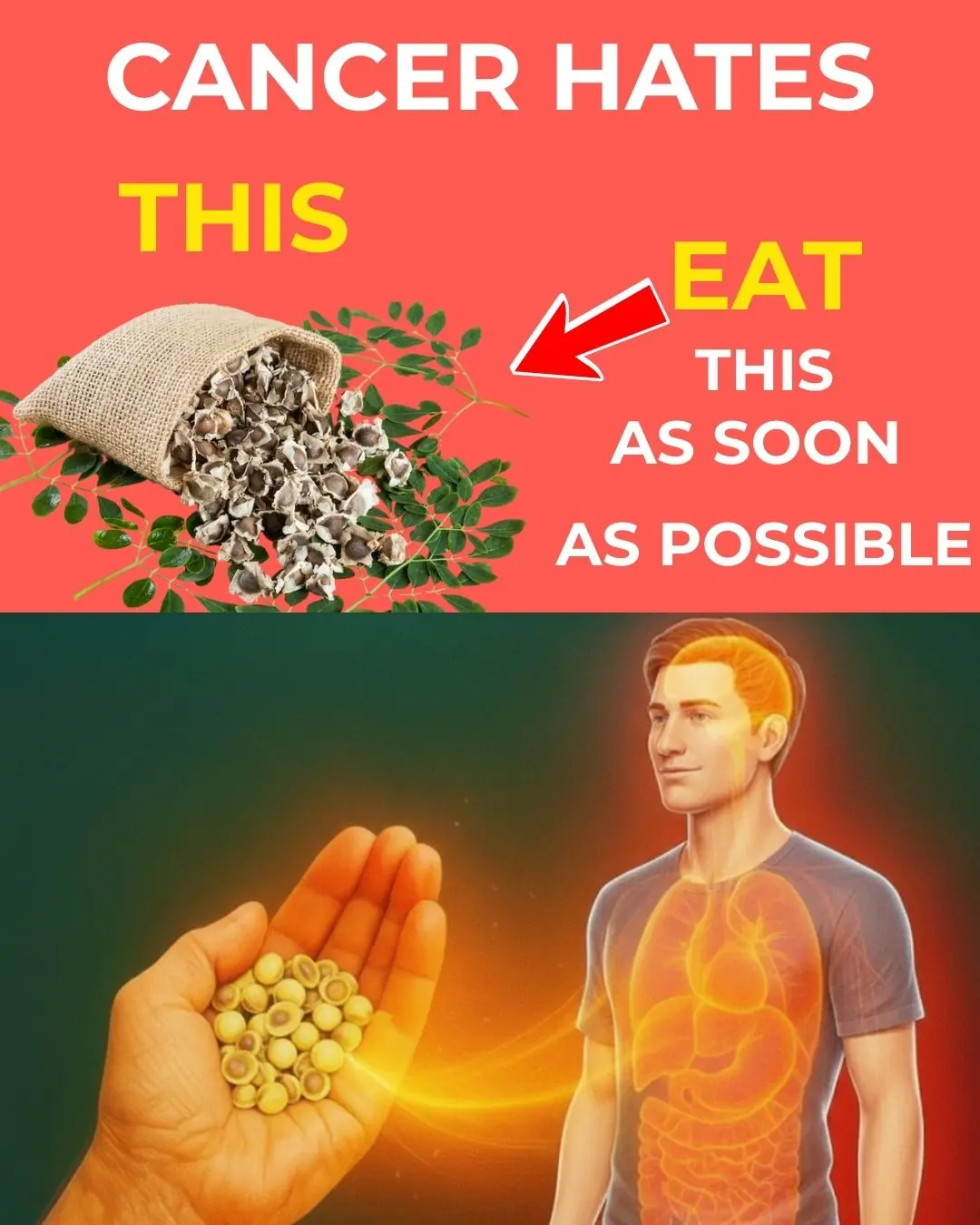
The Anti-Cancer Diet: Cancer Fighting Foods to Help Prevent Cancer (Evidence Based)

A Surprising Drink That May Help Prevent Cancer – And It's Not Tea or Coffee
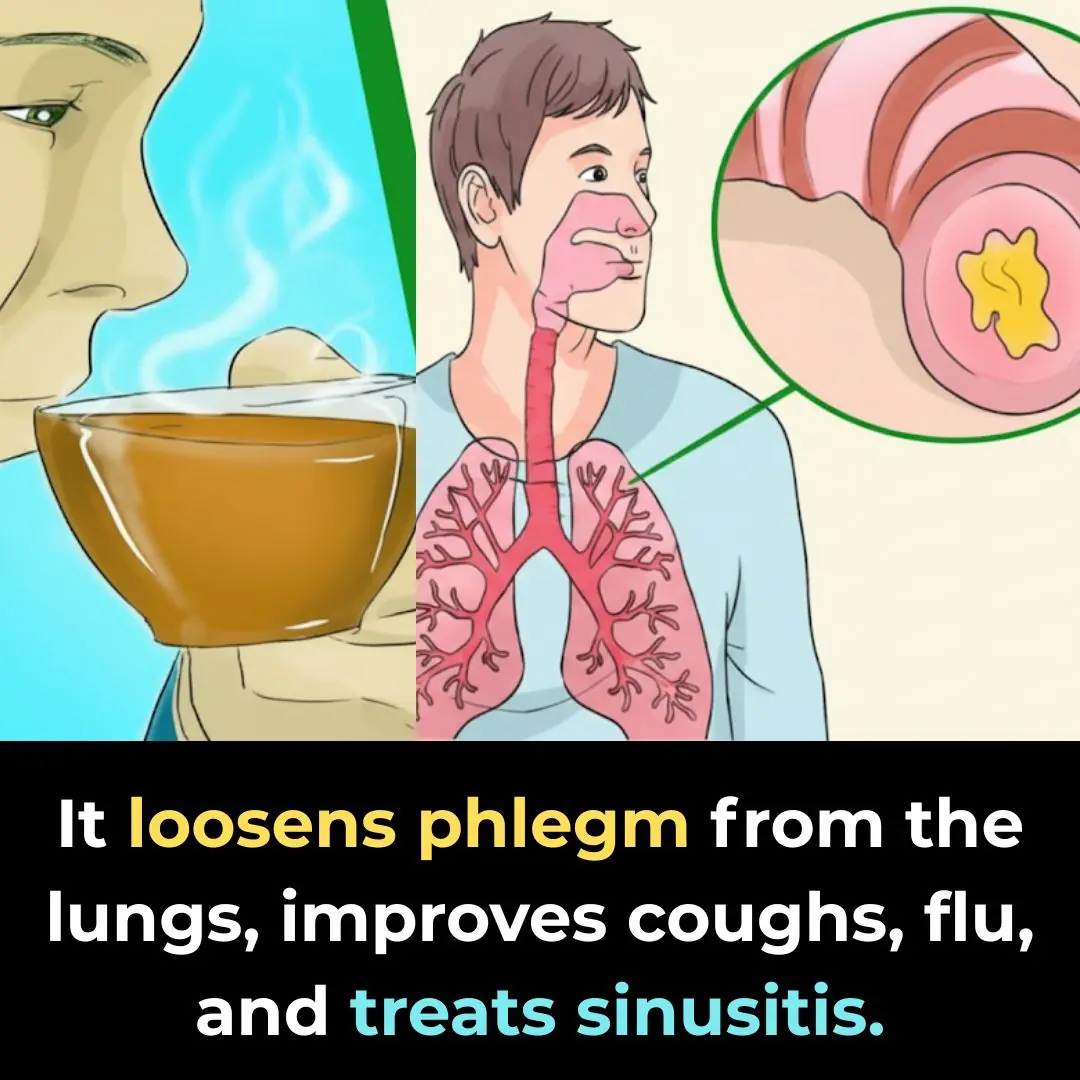
How To Get Rid of Phlegm And Mucus

Hidden Clues Before the Tremor: Early Warning Signs of Parkinson’s Disease You Shouldn’t Ignore
Catching these subtle, non-motor clues may help identify Parkinson’s long before the motor stage, opening the door to interventions that could delay its full expression.

Shift Work Migraine Disorder: The Newly Proposed Headache Condition
While debate continues over its official recognition, the research shines a spotlight on the neurological toll of modern labor demands and could pave the way for tailored treatments in the future.

Gut Health in Early Pregnancy Tied to Gestational Diabetes Development
The study authors emphasize that these findings mark only the beginning.

Simple Homemade Cough Syrup Removes Phlegm From The Lungs
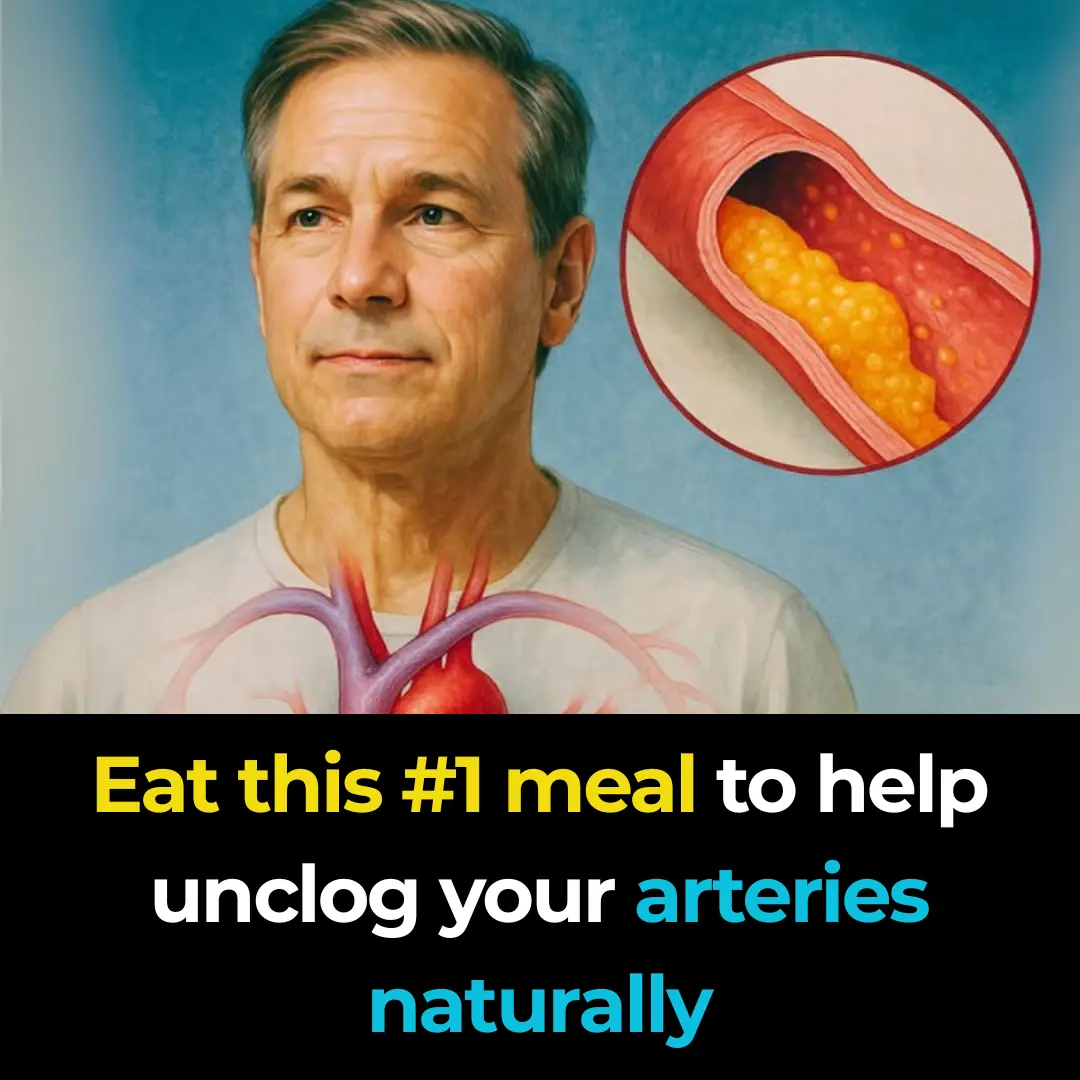
Eat this #1 meal to help unclog your arteries naturally

Canker Sores Are The Absolute WO:RST…Here’s How To Get Rid of Them Fast!
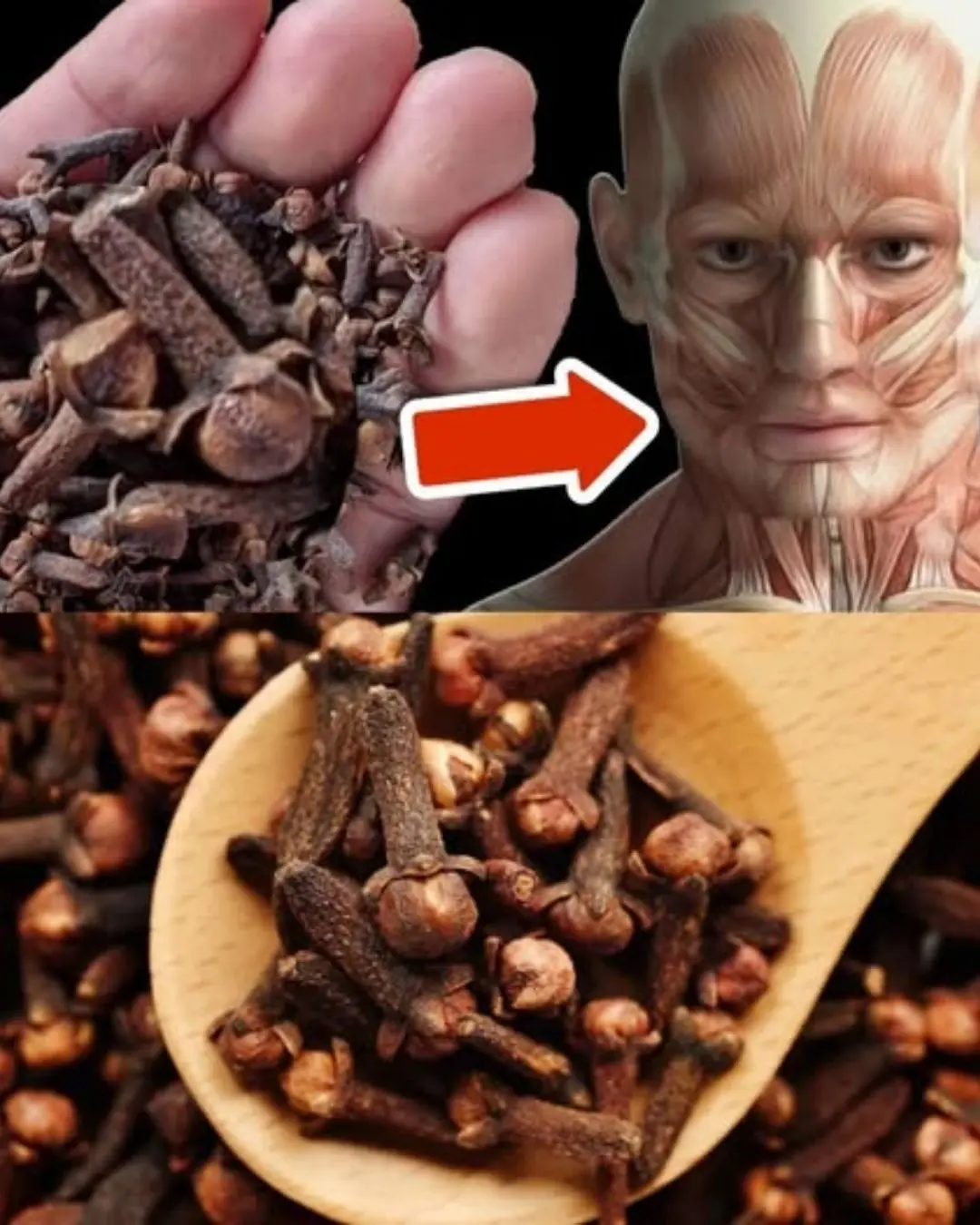
Cloves: 10 Health Benefits of Eating 2 Daily
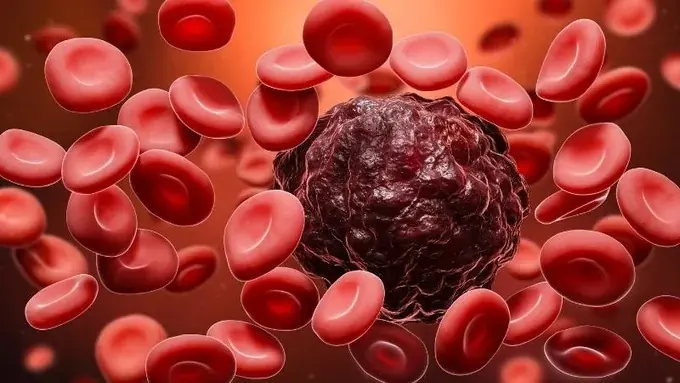
How to Spot the Early Warning Signs of Cancer Growing in Your Body

New Research Finds 40-50% of Colon Cancer Cases Can Be Prevented by Doing These Simple Things
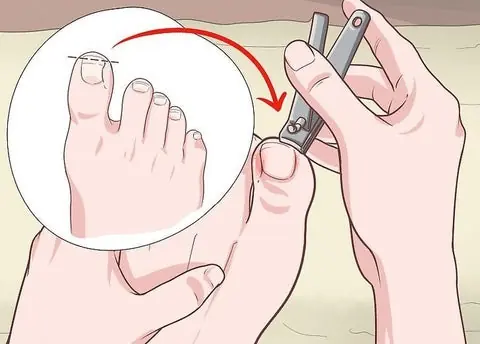
The Simple Trick to Get Rid of Ingrown Toenails Fast—You’ll Wish You Knew Sooner!

Statins warning: new research confirms these harmful side effects
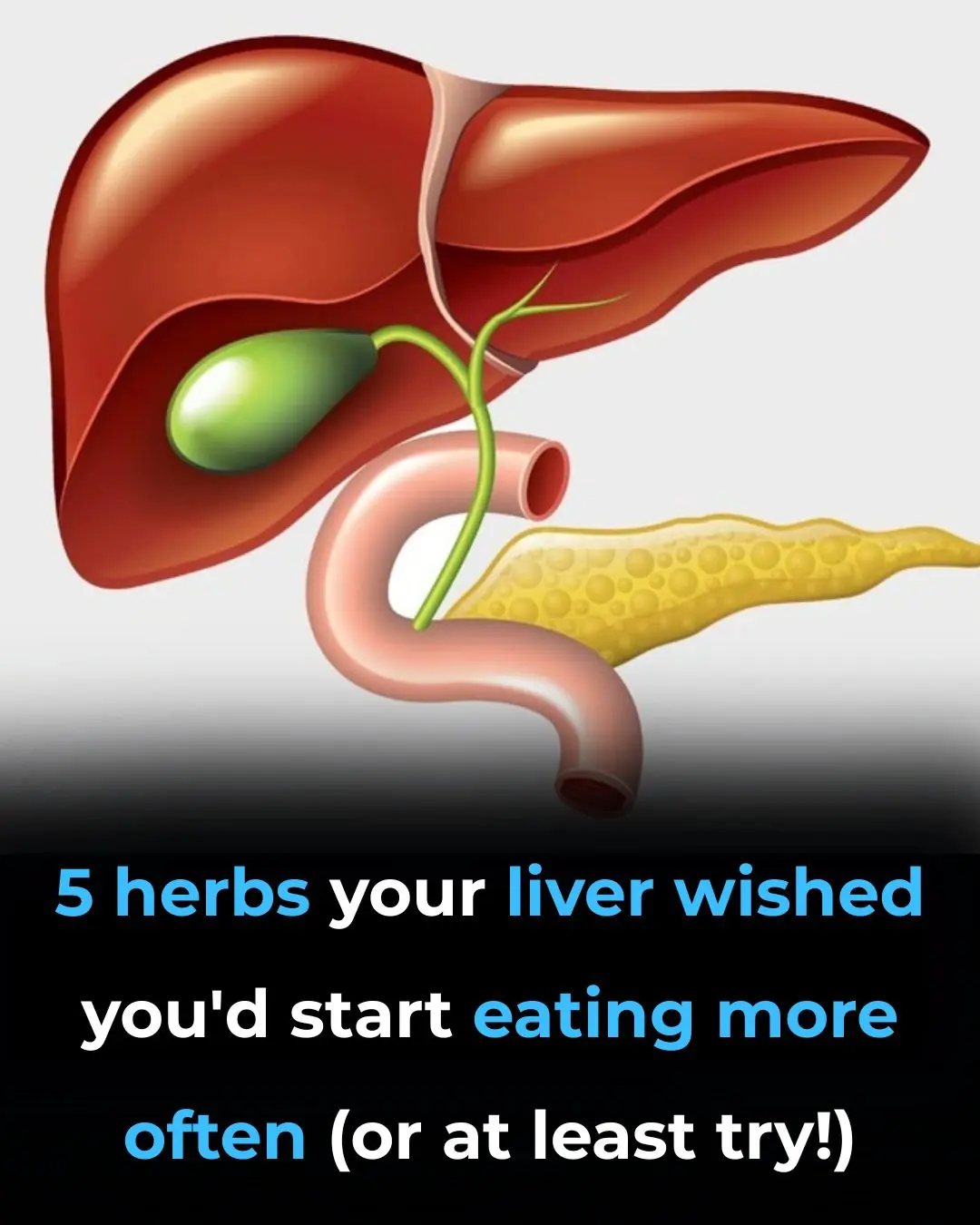
5 Herbs Your Liver Wished You’d Start Eating More Often (Or At Least Try!)

If cancer is present, 3 key symptoms often appear in the morning

The Warning to People Who Regularly Walk Around Their Homes Barefoot
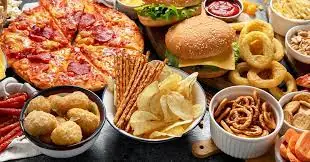
Foods That Add Inches to Your Waistline
News Post

“You Don’t Belong Here,” He Mocked the Mom in Business Class — Then the Pilot’s Voice Made His Smirk Disappear

Little Girl Begged: “Please Mom, Don’t Cut My Hair!” — Until the Millionaire Father Came Home and Shouted…

At My Sister’s Party, My Mother Told My Pregnant Wife to Eat Elsewhere — I Couldn’t Stay Silent

A Story No Parent Should Have to Tell.

The Dogs of Ground Zero.

Nancy Green: The Woman Behind “Aunt Jemima”.

15 Common Cancer Symptoms You Shouldn’t Ignore

The Anti-Cancer Diet: Cancer Fighting Foods to Help Prevent Cancer (Evidence Based)
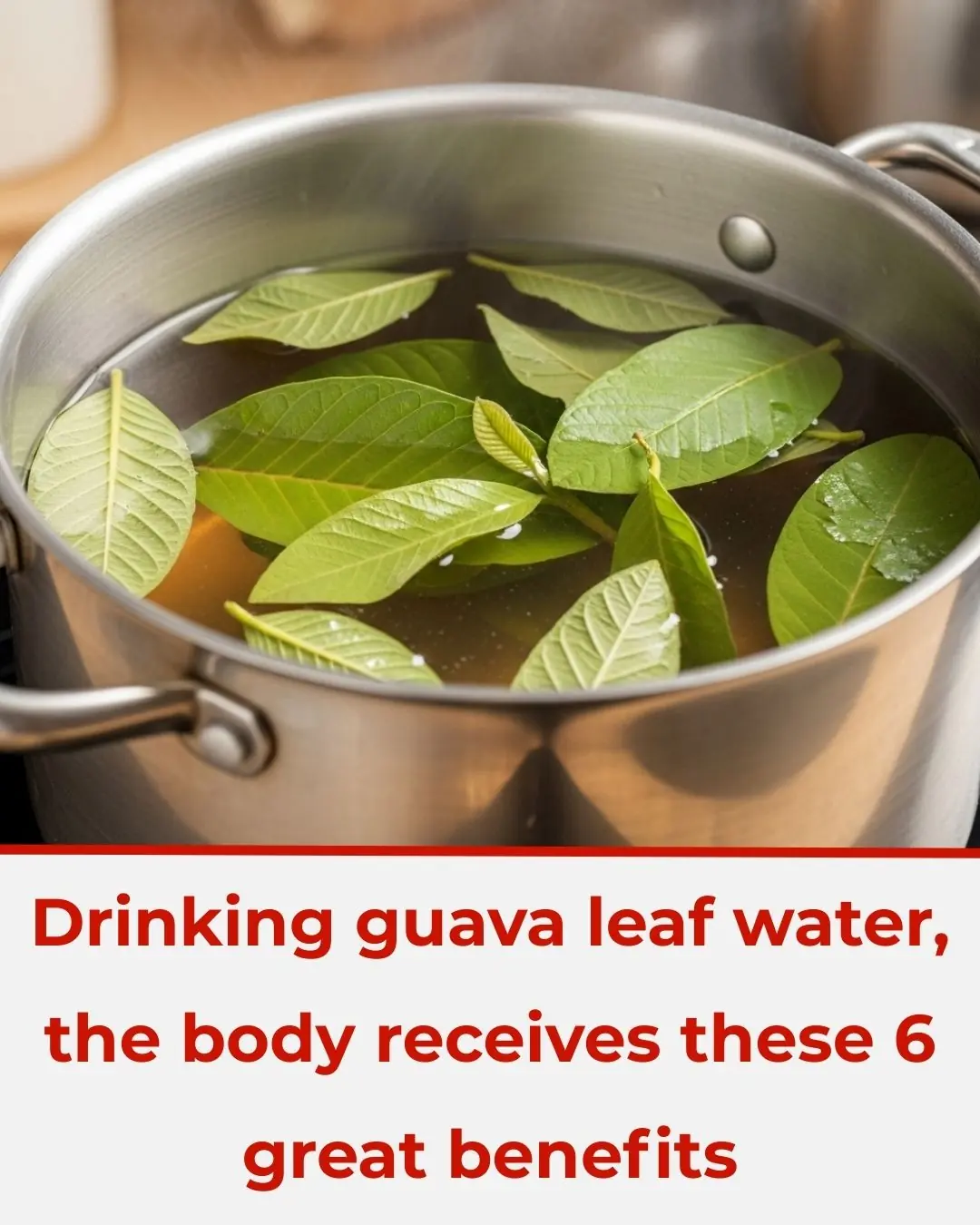
Drinking guava leaf water, the body receives these 6 great benefits
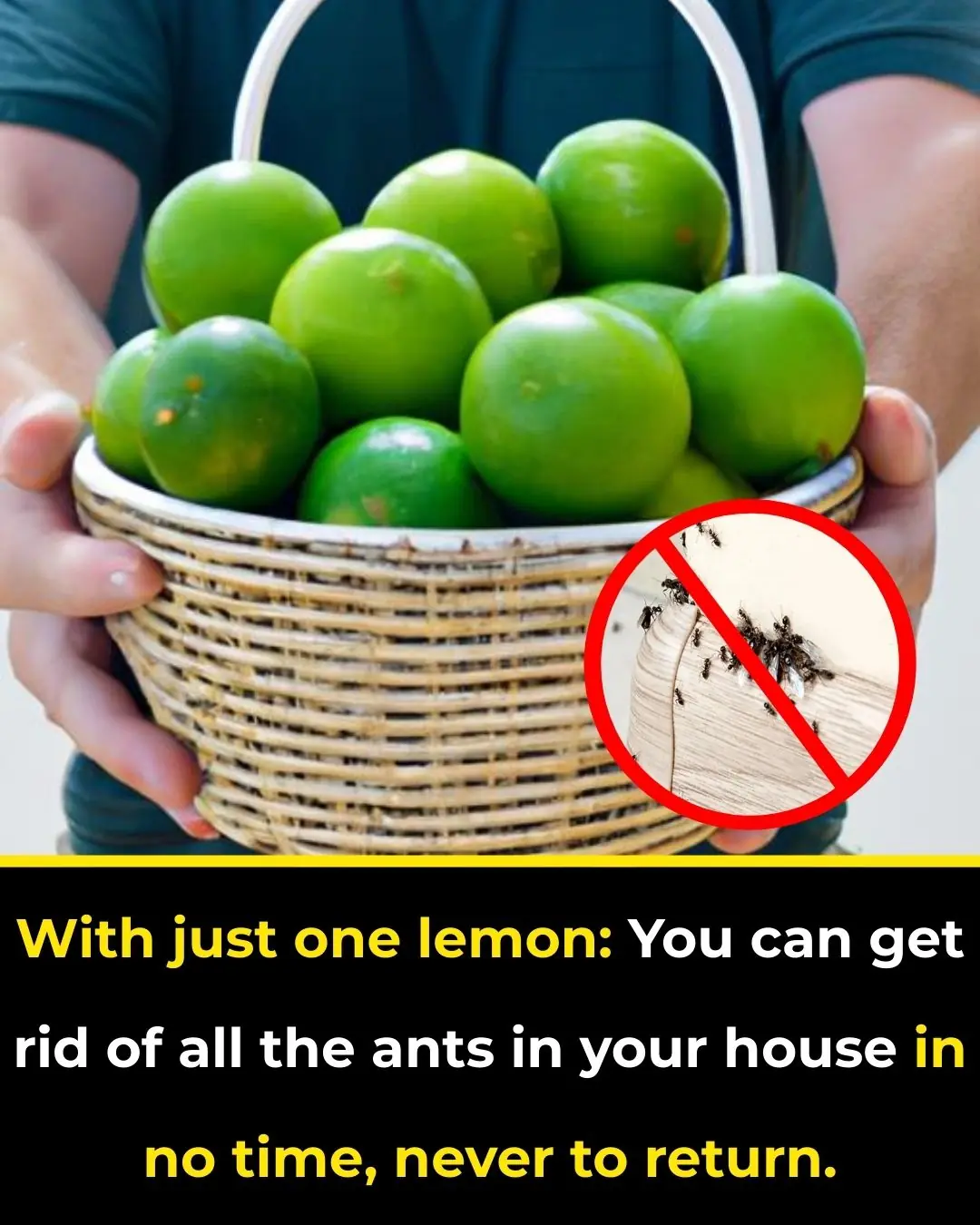
With just one lemon: You can get rid of all the ants in your house in no time, never to return.

Used Coffee Grounds: Don’t Throw Away Money – Amazing Everyday Uses You Should Know
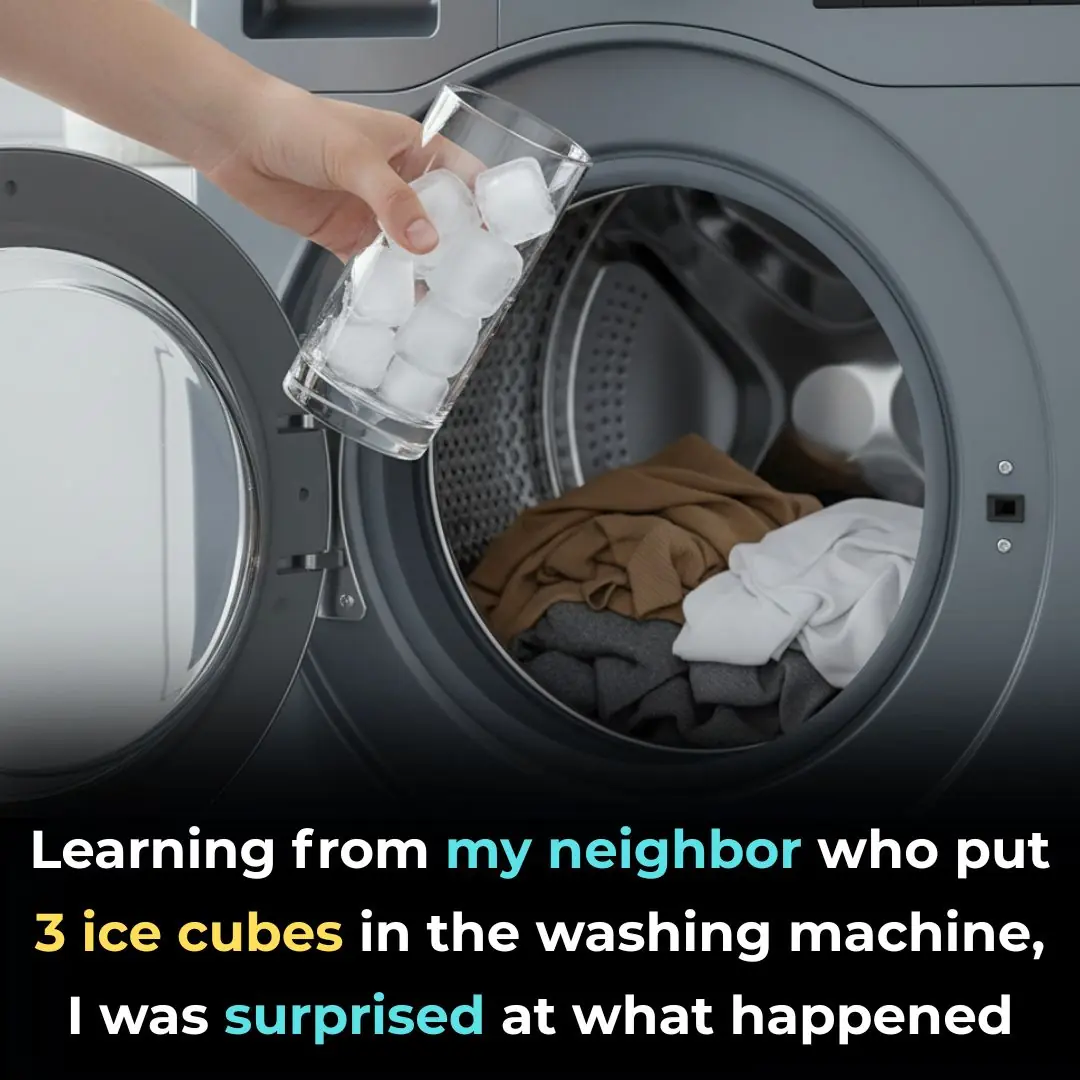
I Put 3 Ice Cubes in the Washing Machine Like My Neighbor Did—What Happened Surprised Me

Another US doctors’ group breaks with federal policy, recommends COVID-19 vaccines for all adults
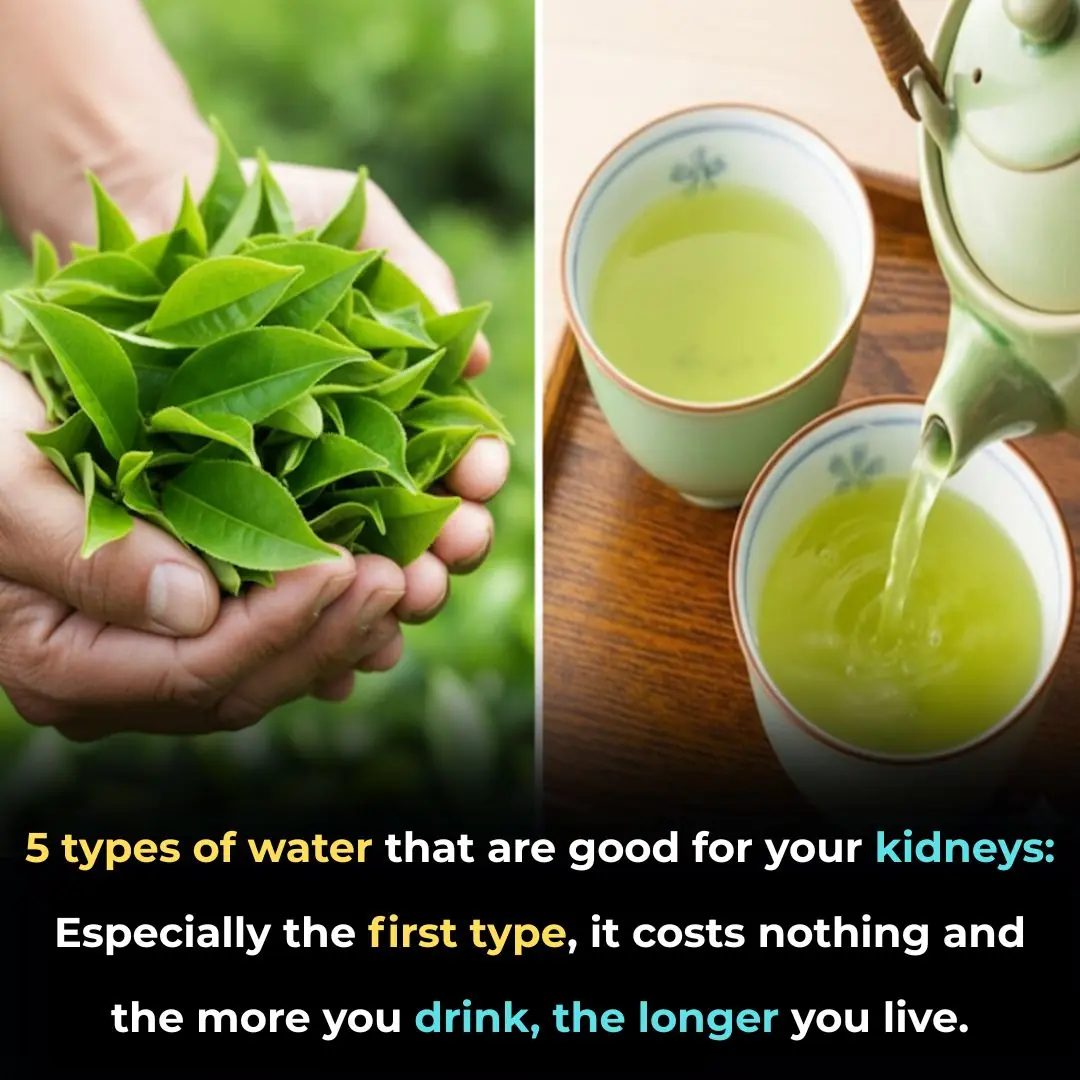
5 Best Drinks for Kidney Health — Especially #1, Free and Longevity-Boosting
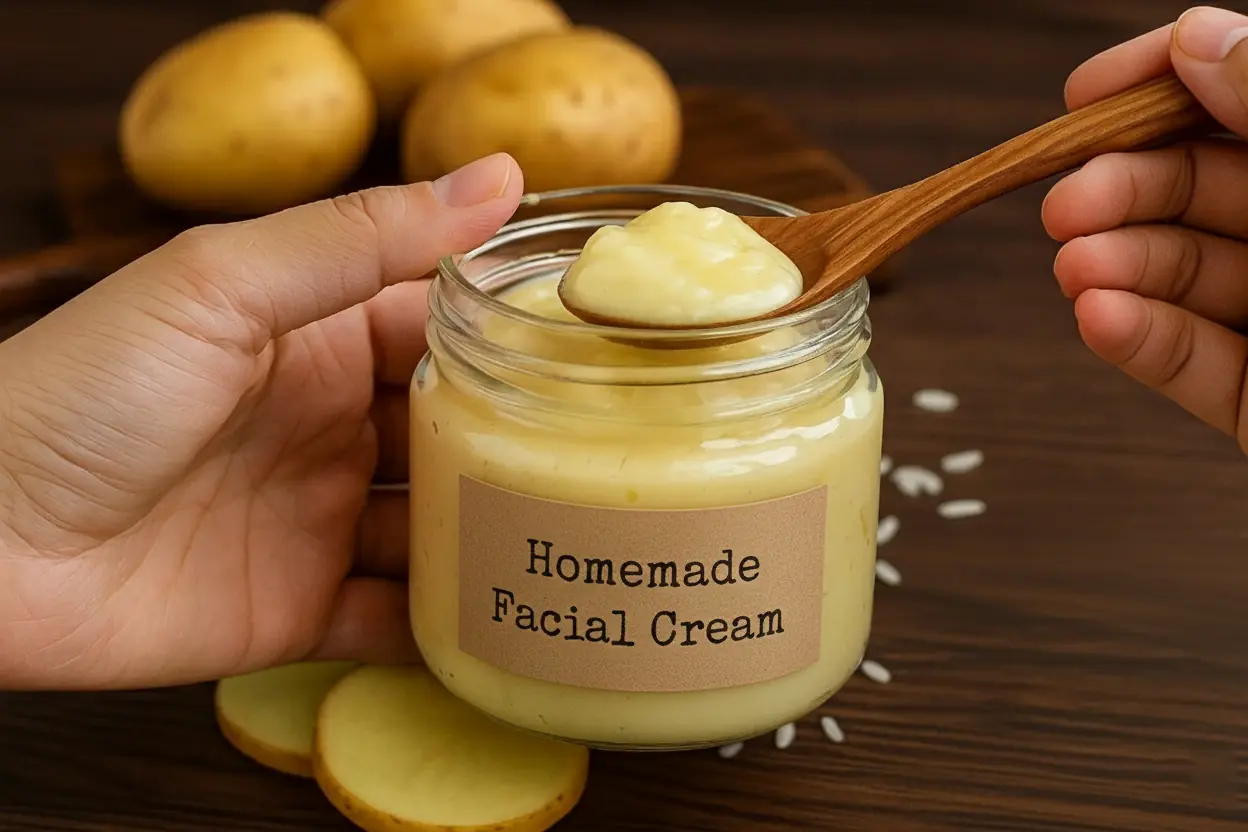
10 Best Potato Face Packs for Glowing, Clear, and Youthful Skin
From acne and pigmentation to dryness and aging, potatoes address nearly every skin issue without side effects or hefty price tags. With consistent use, these DIY packs can reveal skin that’s clearer, smoother, and radiant.

Reverse Premature Grey Naturally with This Easy Homemade Hair Oil
While it is natural for hair to turn grey as we age, there are many natural remedies, dietary changes, and cosmetic treatments available that can help slow down or reverse the process.

Donald Trump Says There Could Be People in Epstein Files Who ‘Don’t Deserve to Be’ There in Shocking Statement
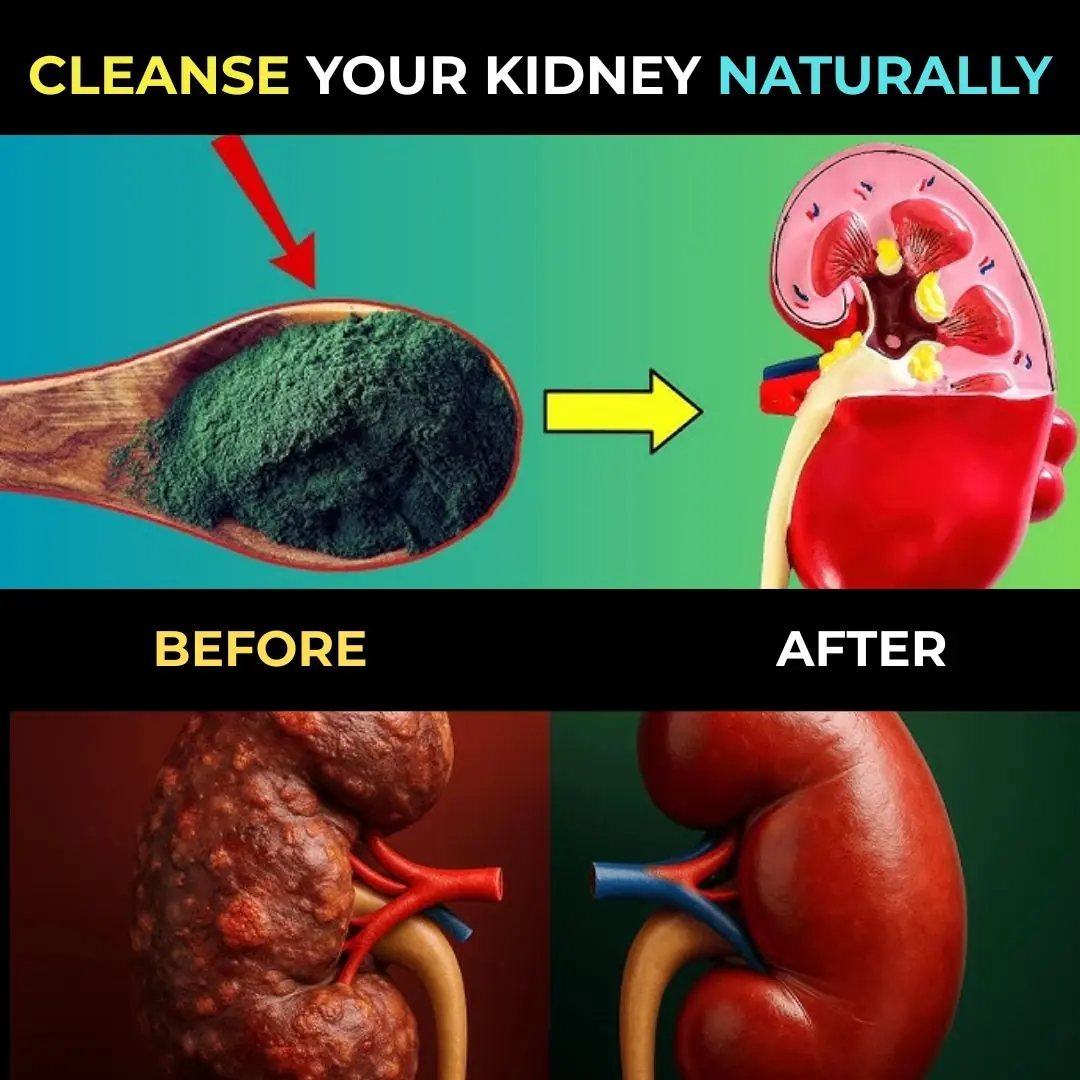
Clean Your Kidneys and Urinary Tract Naturally: One Teaspoon a Day
